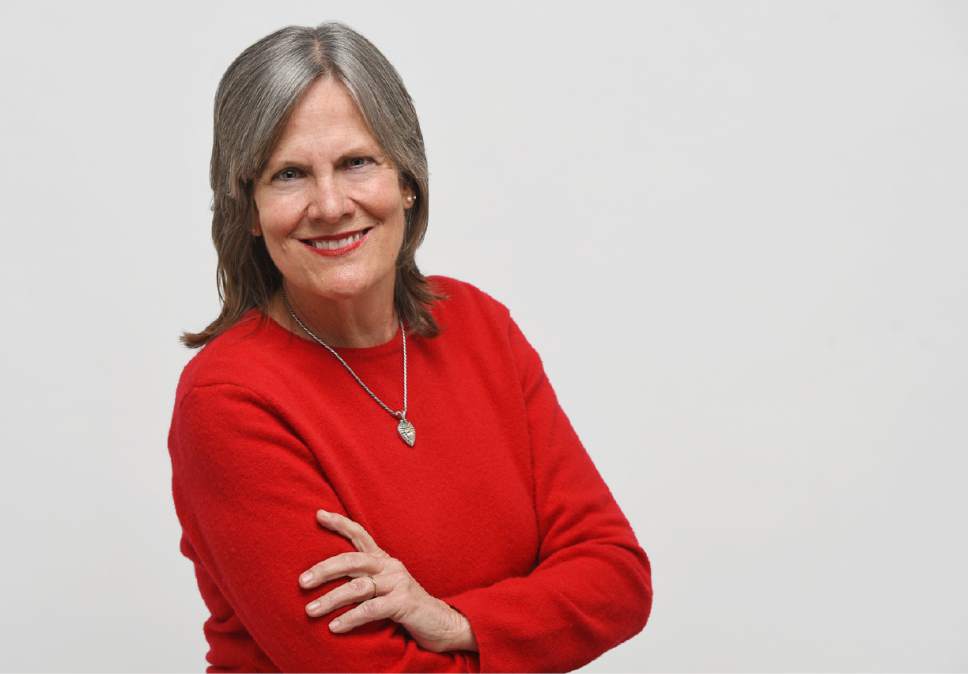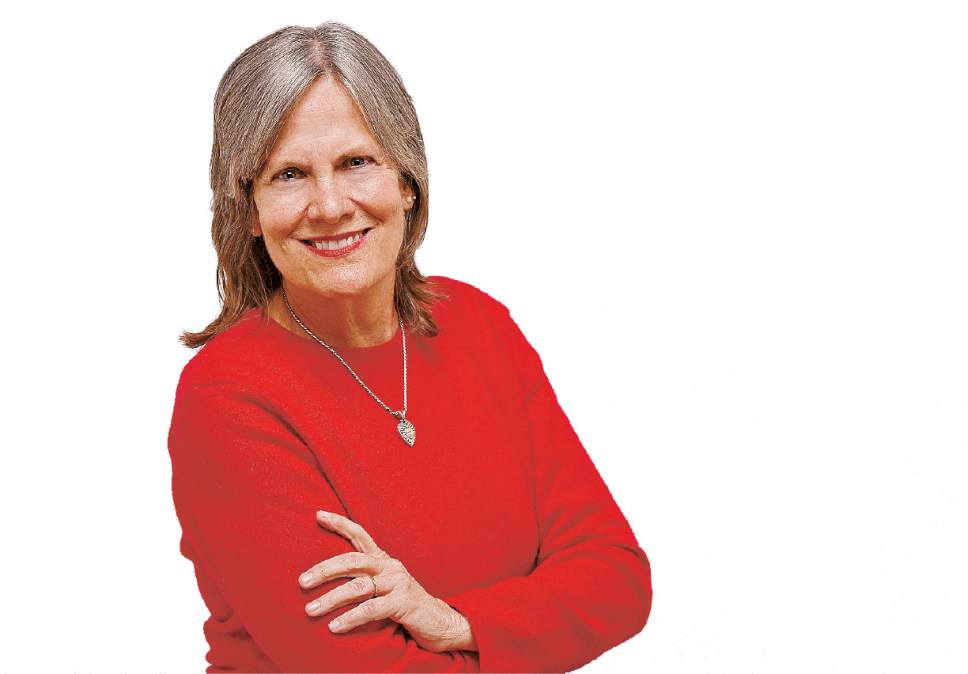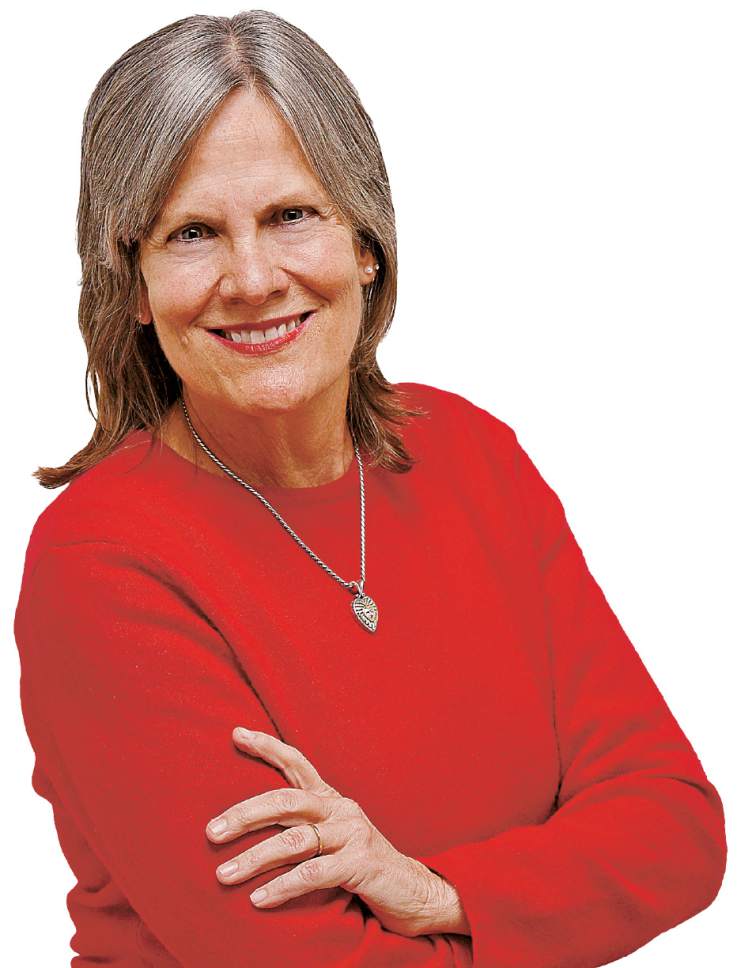This is an archived article that was published on sltrib.com in 2017, and information in the article may be outdated. It is provided only for personal research purposes and may not be reprinted.
What quality did your family value most?
Honesty? Integrity? Curiosity? Endurance? Grit? Sociability? Humor?
In my family, loyalty was the supreme virtue. Loyalty to family. Loyalty to friends. Loyalty to the teams you followed. Loyalty to the people you worked with or the schools where you went or the stores where you shopped or the breed of dog you liked or the bands you loved or the restaurants where you always ate (i.e., the old El Azteca).
Dude. Loyalty.
We didn't necessarily expect loyalty in return. For instance, if people disappointed us, we didn't go all Don Corleone on them. But yeah. We noticed when someone didn't reciprocate.
For a long time, I used to think my sense of loyalty was the best thing about me—that and my prowess at the game Trivial Pursuit and also how I can hang spoons on my face, which is a talent I inherited from my father. But as I grew older, I noticed that the loyalty thing was occasionally problematic. When I was in college, for example, I had this conversation with my hairstylist.
HER: I think you would look good if I cut your hair like Pam Ewing's on "Dallas."
ME: I don't like "Dallas." Also, I don't like that haircut.
HER: OK.
And then she went right ahead and cut my hair like Pam Ewing's on "Dallas," which (for the record) did not automatically make me look like Pam Ewing OR Victoria Principal, the actress who played Pam Ewing. But here's the worst part. I kept going to this stylist because — you know — she was my stylist and I was loyal to her. Which, in my mind, was a good thing.
Recent events in D.C., however, have reminded me of something my friend Becky used to say — every virtue can be a vice. (At least I think it was Becky who said that. Or maybe it was Aristotle.) Take that word "loyalty," for example, which did a star turn in former FBI director James Comey's recent testimony in front of Congress.
COMEY: The president wanted me to pledge loyalty. To him personally.
TRUMP: Liar, liar, pants on fire, hanging from a telephone wire.
Depending on where your sympathies lie — and on which cable news outlet you watch — you can make up your own mind about whose pantaloons are on fire.
Regardless, there's no doubt that the current president does put a high premium on loyalty, especially as it relates to himself. Does he return the favor? Again, you're entitled to your own opinions on the matter. Clearly he appears to have been loyal (at least for a time) to Michael Flynn.
But whenever I watch Sean Spicer in action, I'm reminded of that scene from Shakespeare's "Taming of the Shrew," when Petruchio orders Kate (now a good and compliant wife) to say the sun is the moon. When she does, he calls her a liar, because the sun is the sun.
Spicer is Kate. Trump is Petruchio with a cellphone.
So. What then should the limits of loyalty be — to another person, to a job, to a social agenda, to a political party, to an institution of any kind? What drives a person to remain loyal even if that loyalty begins to make him or her uncomfortable, begins to create problems? What drives another individual to say "Look, I'm done here"?
I'm not sure I have a lot of answers these days.
But I do have so many questions.
Ann Cannon can be reached at acannon@sltrib.com or facebook.com/anncannontrib.







